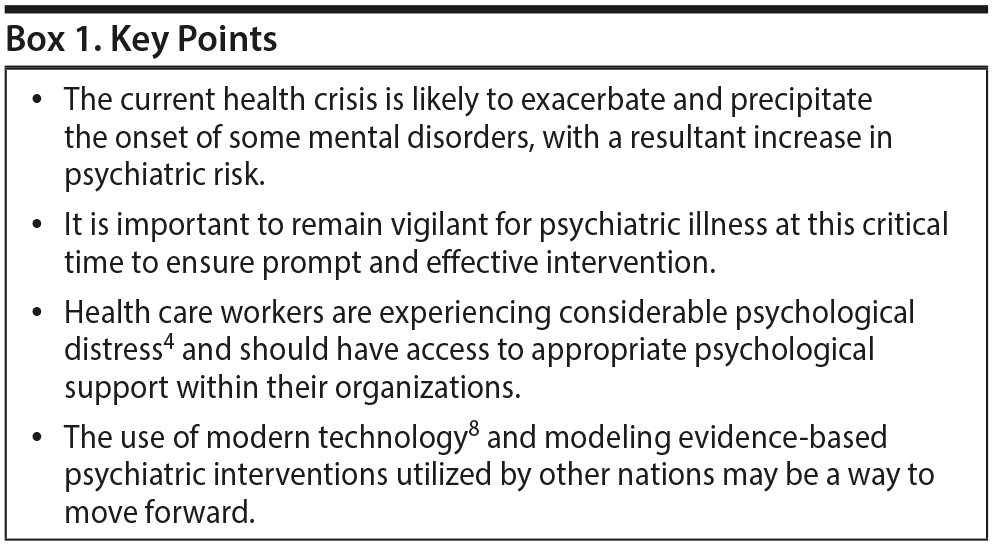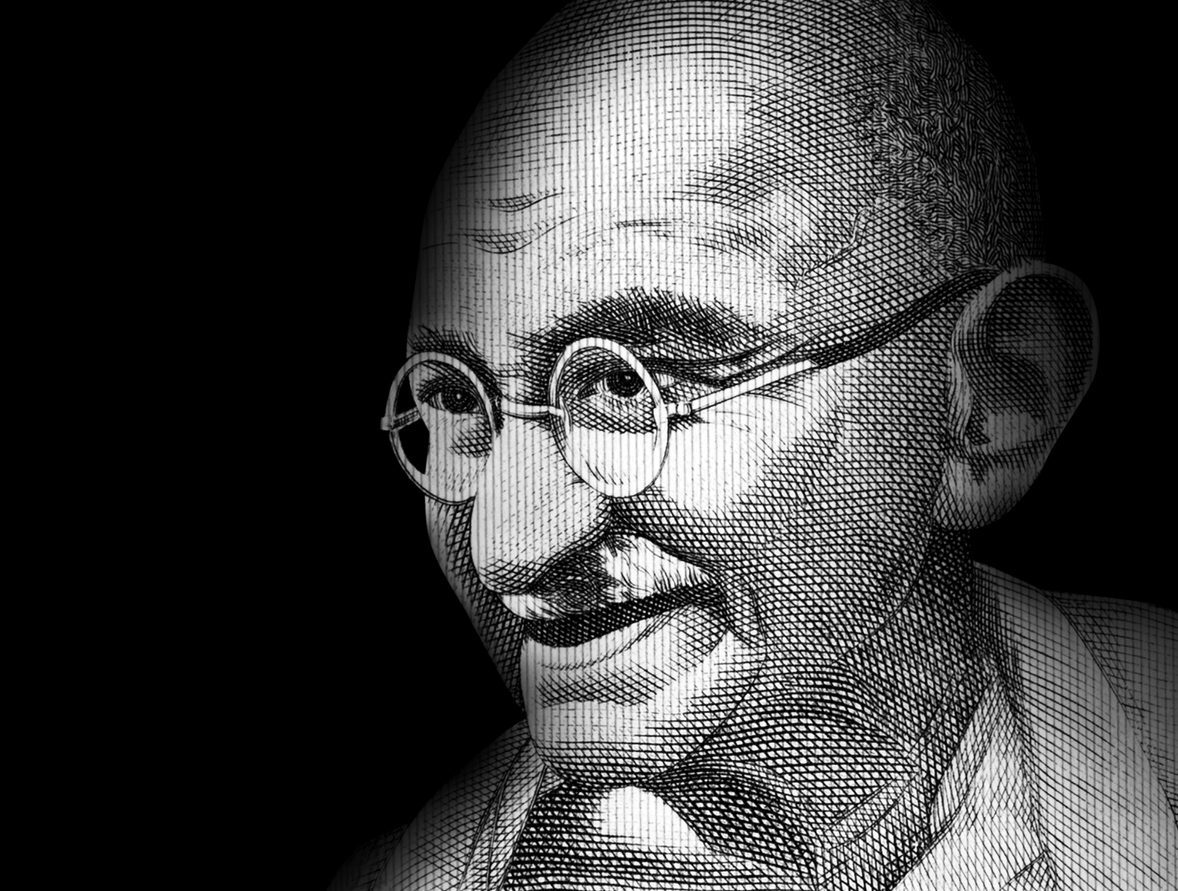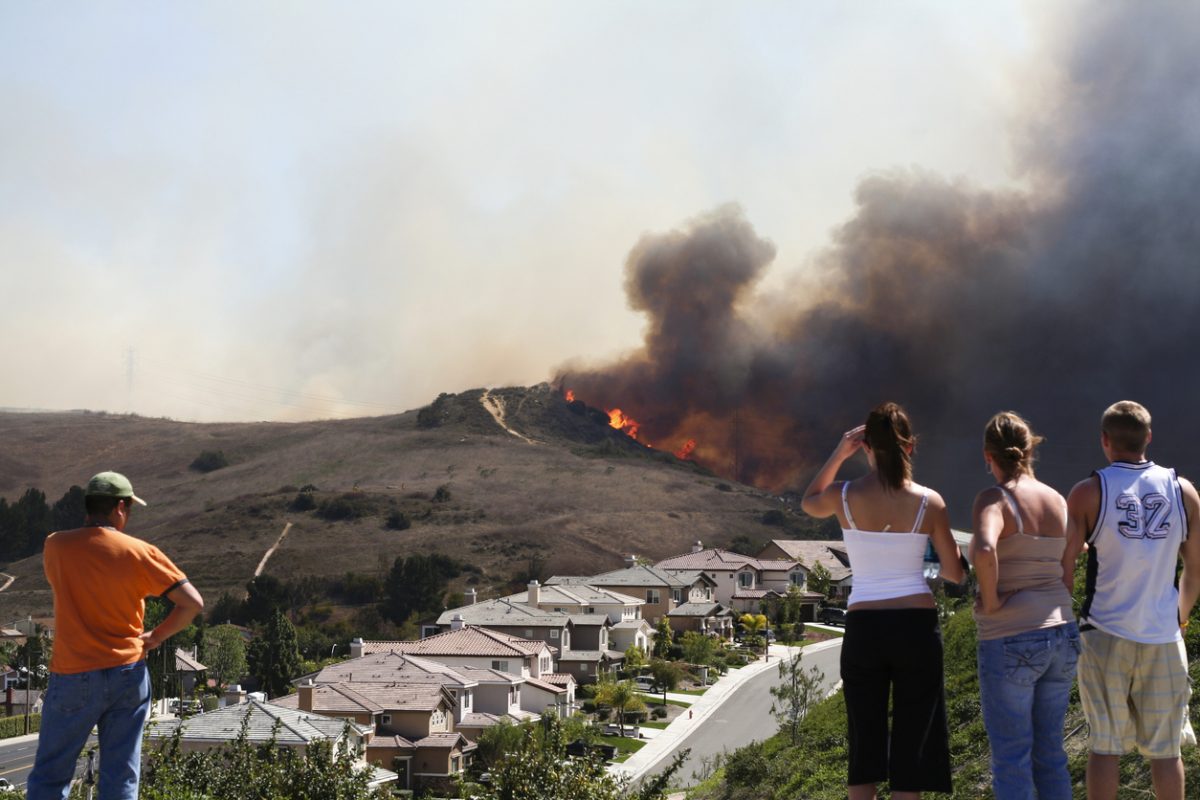
The Impact of COVID-19 in Psychiatry
The unrest and anxiety caused by the coronavirus disease 2019 (COVID-19) crisis has led to social strain.1 Supermarkets are cleared of essential items such that there is now a rationing procedure. Schools and other educational institutions have been affected, with compulsory examinations postponed and most children remaining at home. The financial implications are profound, although governments have implemented various supportive measures. There is a strong likelihood that many will accumulate financial debt, with possible repercussions on their mental health.
There is a constant reminder of the current somber nature of events. It is difficult to distract from negative cognitions because of a multitude of destabilizing factors. This crisis is very likely exacerbating the mental health of the vulnerable, particularly those who are isolated or have existing mental health difficulties. There is marginalization and victimization of select groups, with some blamed for the etiology and onset of this virus. A recent article2 noted the discrimination that international Chinese students currently encounter. Previous research suggests that frontline health care staff may experience both self and social stigma.3 During the severe acute respiratory syndrome (SARS) outbreak, 20% of health care staff in Taiwan and 49% in Singapore reportedly experienced social stigma.3
Health care colleagues have accepted overwhelming responsibility.4 They are coping with the psychological distress of losing patients, as well as the lack of clarity and unpredictability within their work environments, while trying to protect their own health. During the Middle East respiratory syndrome coronavirus infection, Korean medical staff were found to be at higher risk of developing symptoms of posttraumatic stress disorder.5 It is vital that employers are aware of these statistics and that organizations are implementing the necessary safeguards to support the mental well-being of their staff.
The death toll and numbers infected by COVID-19 are progressively rising, with 1,789 registered deaths in the United Kingdom at the time of this writing. Those who have lost loved ones are unable to undertake the natural mourning process given the unexpected onset and devastation of this pandemic. Furthermore, funeral and crematoria services have been affected and are following social distancing rules. We anticipate that there will be more diagnoses of pathological grief and adjustment disorders in the coming months.
Social prescribing and physical activity are common nonpharmacologic interventions in psychiatry. However, the pandemic will hinder ongoing efforts to tackle loneliness in at-risk groups, and the enforced social isolation is likely to increase risks associated with deteriorating mental health.6 A study7 in Hong Kong reported that the SARS epidemic was associated with an increase in suicide among older adults, and rates of suicide among the general population were higher a year later in comparison to figures before the outbreak.
During previous health-related outbreaks, the quality of technology was not at current standards. The online platform has been well utilized in China for screening and treating some mental disorders during COVID-19.8 Technology has been used to facilitate emergency mental health interventions, while offering access to online psychological therapies such as cognitive-behavioral therapy and self-help programs.8 However, more traditional interventions such as regular telephone contact and provision of peer support and input from voluntary organizations are integral, particularly for groups who are not technology proficient.
The current crisis demands resilience and significant adjustment. However, those with predisposing vulnerabilities and existing mental illness may lack the adaptive coping mechanisms or the supportive social network to make this transition appropriately. There is likely to be a surge in the number of newly diagnosed mental disorders and the deterioration of those with existing difficulties in the aftermath of COVID-19.9
Government measures with regard to social distancing are necessary to protect the health and safety of their populations. However, it is important to recognize and acknowledge the immediate short and longer-term psychiatric consequences of the current crisis (Box 1). The demand for mental health services is likely to escalate in the near future, and health care providers should prepare in advance to face the challenges to come. It is imperative to take the requisite steps by learning from other nations and utilizing strategies that worked well for them.10 The importance of early intervention and staying vigilant for signs of psychiatric illness remain pertinent at this critical time.
Published online: April 16, 2020.
Potential conflicts of interest: None.
Funding/support: None.
REFERENCES
1. Adalja AA, Toner E, Inglesby TV. Priorities for the US health community responding to COVID-19 [published online ahead of print March 3, 2020]. JAMA. PubMed CrossRef
2. Zhai Y, Du X. Mental health care for international Chinese students affected by the COVID-19 outbreak. Lancet Psychiatry. 2020;7(4):e22. PubMed CrossRef
3. Park JS, Lee EH, Park NR, et al. Mental health of nurses working at a government-designated hospital during a MERS-CoV outbreak: a cross-sectional study. Arch Psychiatr Nurs. 2018;32(1):2-6. PubMed CrossRef
4. Willan J, King AJ, Jeffery K, et al. Challenges for NHS hospitals during COVID-19 epidemic. BMJ. 2020;368:m1117. PubMed CrossRef
5. Lee SM, Kang WS, Cho AR, et al. Psychological impact of the 2015 MERS outbreak on hospital workers and quarantined hemodialysis patients. Compr Psychiatry. 2018;87:123-127. PubMed CrossRef
6. Armitage R, Nellums LB. COVID-19 and the consequences of isolating the elderly [published online ahead of print March 19, 2020]. Lancet Public Health. PubMed CrossRef
7. Cheung YT, Chau PH, Yip PSF. A revisit on older adults suicides and severe acute respiratory syndrome (SARS) epidemic in Hong Kong. Int J Geriatr Psychiatry. 2008;23(12):1231-1238. PubMed CrossRef
8. Liu S, Yang L, Zhang C, et al. Online mental health services in China during the COVID-19 outbreak. Lancet Psychiatry. 2020;7(4):e17-e18. PubMed CrossRef
9. Bao Y, Sun Y, Meng S, et al. 2019-nCoV epidemic: address mental health care to empower society. Lancet. 2020;395(10224):e37-e38. PubMed CrossRef
10.Liew MF, Siow WT, MacLaren G, et al. Preparing for COVID-19: early experience from an intensive care unit in Singapore. Crit Care. 2020;24(1):83. PubMed CrossRef
aWaltham Forest Older Adults Mental Health Team, North East London Foundation Trust, Red Oak Lodge, London, E11 4HU
bBarnet Enfield and Haringey Mental Health NHS Trust, London, N15 3TH
*Corresponding author: Ahmed Saeed Yahya, MRCPsych, Waltham Forest Older Adults Mental Health Team, North East London Foundation Trust, Red Oak Lodge, London, E11 4HU ([email protected]).
Prim Care Companion CNS Disord 2020;22(2):20l02627
To cite: Yahya AS, Khawaja S, Chukwuma J. The impact of COVID-19 in psychiatry. Prim Care Companion CNS Disord. 2020;22(2):20l02627.
To share: https://doi.org/10.4088/PCC.20l02627
© Copyright 2020 Physicians Postgraduate Press, Inc.
Please sign in or purchase this PDF for $40.00.
Save
Cite



